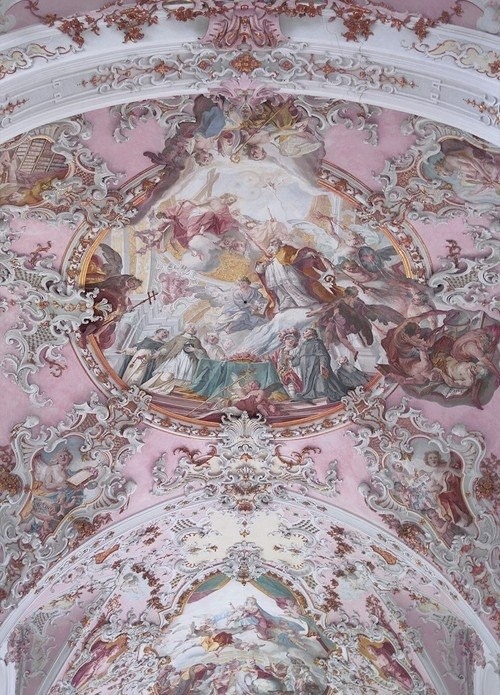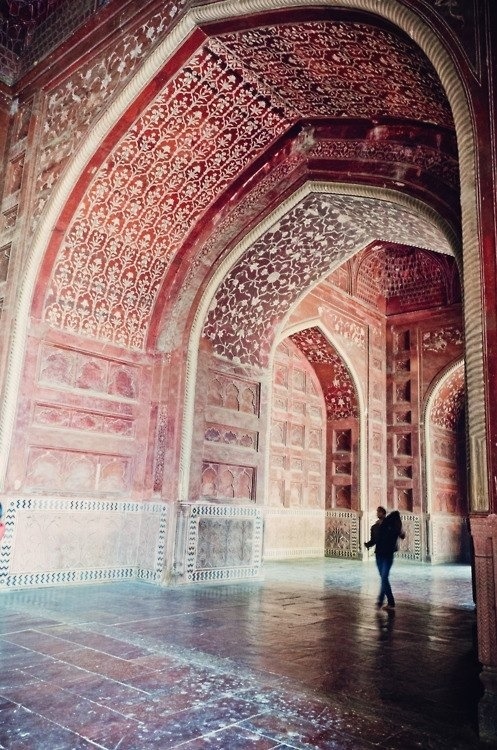First class stalker. Weapon of mass deduction. Professional fanboy. One of the gayest straight dude you'll ever come across. NOT A PRIMARY BLOG.
Don't wanna be here? Send us removal request.
Quote
Act my age? What the fuck is that, “act my age”? What do I care how old I am? The Ocean is old as fuck. It will still drown your ass with vigor.
instagram-addicted (via menpale)
2K notes
·
View notes
Quote
I have so much of you in my heart.
John Keats (via rittou)
255K notes
·
View notes
Quote
Wesley Snipes portrayed Blade in 1998 and later in the film’s two sequels. Halle Berry has reprised her role as Storm in every X-Men film since 2000. Depending on which of the Iron Man films you’re watching, either Terrence Howard or Don Cheadle is moonlighting as War Machine. Most recently, Anthony Mackie played sidekick to Captain America as the Falcon. The thing that makes the Black Panther exciting isn’t really his race, it’s where he’s from – the great nation of Wakanda. Depictions of Wakanda have shifted over the years in the hands of different writers. A secretive and isolationist country, Wakanda possesses the world’s largest deposit of vibranium, a vibration-absorbing metal that is exceedingly valuable for its technological applications. (It’s also the substance that composes Captain America’s shield.) Wary of conflict and foreign exploitation, Wakanda shut out the rest of the world, choosing instead to become a largely self-sustaining society. Through Wakanda, Marvel toyed with and subverted stereotypical depictions of Africa as “wild” or “exotic.” Instead, Wakanda was a futuristic African nation that had never been conquered or touched by colonialism. Depictions of Wakanda have varied over the years, but the country is consistently described as a technological mecca built on a foundation of magic and metal. Disease and poverty are eclipsed by scientific innovation and economic prosperity. Put simply, Wakanda is the perfect example of Afrofuturistic science fiction. In his 1994 essay “Black To The Future,” Mark Dery first coined the term “Afrofuturism.” As a style, the term refers to art that explores the experiences of black people through science fiction. Dery describes it as a way of remixing reality. An Afrofuturist reading of the transatlantic slave trade becomes an epic tragedy about alien abductees. Truth: Red, White, and Black reimagines the Tuskegee Experiments as tests for the same supersoldier serum that created Captain America. Artists like Octavia Butler, Sun-Ra, and George Clinton all incorporated Afrofuturist themes into their writing and music. Their stories of alien peoples and interstellar travel paved the way for contemporary artists like Outkast and Janelle Monae. Almost every one of Monae’s songs tells the story of Cindi Mayweather, a time-traveling android on a mission to liberate her people. The cyborgs in her music videos not only have black faces, but also a recognizably black relationship to a society that views them as soulless automatons. As a subgenre of science fiction, Afrofuturism has never enjoyed the same kind of widespread popularity as steam- or cyberpunk. In 1976, Richard Pryor famously riffed on Logan’s Run, a dystopian vision of the future, that was conspicuously devoid of black faces. That absence in mainstream sci-fi, according to comic book historian Adilifu Nama, is due mainly to the cultural implications of seeing black faces in fantasy worlds. "Afrofuturism creates a space in which blackness is equated with futurism, cybernetics and super-science," he explained. "All of these ideas undermine the trope of the urban, or the subservient, or the criminal." Science fiction often envisions worlds where race and ethnicity have given way to one dystopian threat or another. Seeing black people in space, fighting robots and saving the world can break that fantasy for audiences. "Blackness in sci-fi is political," Nama continued. "Rather than challenge the audience it’s just easier to not depict." And that same challenge to the audience is what makes a Black Panther film something worth getting excited about. Unlike the fantasyscapes seen in Guardians of the Galaxy, Wakanda is grounded within a familiar, if slightly fictionalized, world. Africa (being, you know, an actual continent) fits neatly into Marvel’s ever-expanding universe, and that’s a big deal. We’re still three years out from it, but the promise of seeing Chadwick Boseman as the sworn protector of Wakanda is cause for cautious anticipation. Not only could Black Panther stay true to its sci-fi narrative roots, but with the full power of the Marvel hype machine, it could easily become the first truly mainstream Afrofuturist film.
"Marvel’s ‘Black Panther’ Isn’t Just Another Black Superhero", NPR
(via fyeahlilbit3point0)
12K notes
·
View notes
Link
What people think Hannibal is about: Violence, murder, gore porn
What Hannibal is actually about: Humanity’s attraction to violence and the consequences of that attraction, what it means to be human, the nature of good and evil, what it means to love someone, the nature…
1K notes
·
View notes
Quote
More than anything, all I have ever wanted is to be close to someone. More than anything, all I have ever wanted is to feel as if i wasn’t alone.
James Frey, A Million Little Pieces (via wingsunfurled)
17K notes
·
View notes
Photo


Winter in Central Park | New York (by SamAlive)
30K notes
·
View notes
Audio
You make me dance at your fingertips, just like your cigarettes
290 notes
·
View notes


























